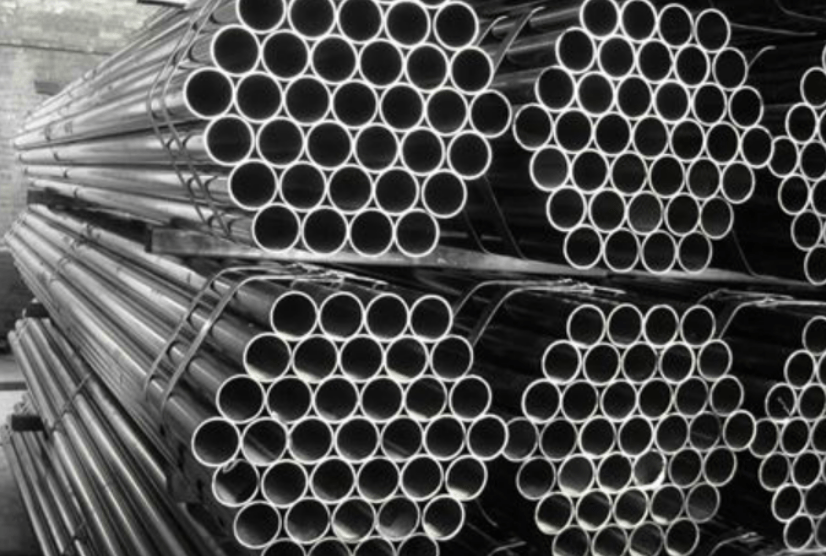Many of our customers often ask us such a question: Monel vs SS316 – What’s the difference? While both Monel and SS316 are highly regarded for their corrosion resistance and durability, there are significant differences between them that are crucial to understand when selecting a material for a specific application.

Monel vs SS316 – What’s the Difference?
Let’s start with Monel. Monel, typically a nickel–copper alloy, is known for its exceptional resistance to corrosion, even in highly corrosive environments. Its unique composition gives it a high degree of ductility and toughness, making it suitable for complex shapes and structures. Monel is also highly resistant to stress corrosion cracking, a common problem in other alloys. However, its high nickel content can make it more expensive than some other alloys.
On the other hand, SS316 is a type of stainless steel that contains molybdenum, which significantly enhances its corrosion resistance, particularly against chloride-containing environments like seawater. SS316 is widely used in the marine industry, chemical processing, and other industries where corrosion resistance is a paramount concern. It offers good mechanical properties and is relatively easy to fabricate and weld. Additionally, SS316 is generally more cost-effective than Monel.
Now, let’s delve deeper into the differences between Monel vs SS316.
Monel vs SS316 – 1. Corrosion Resistance
Firstly, in terms of corrosion resistance, both Monel and SS316 excel in this area. However, Monel typically outperforms SS316 in extremely corrosive environments, such as those with strong acids or alkalis. SS316, on the other hand, performs particularly well in chloride-rich environments, such as seawater, making it a preferred choice for marine applications.
Monel vs SS316 – 2. Mechanical Properties
Secondly, when it comes to mechanical properties, Monel offers superior ductility and toughness, allowing it to be formed into intricate shapes without cracking or breaking. SS316, while also quite ductile, may not have the same level of toughness as Monel in certain applications.
Monel vs SS316 – 3. Cost
Thirdly, cost is always a consideration when selecting a material. Monel, due to its high nickel content and specialized manufacturing process, tends to be more expensive than SS316. SS316, being a stainless steel alloy, is generally more widely available and therefore more cost-effective.
Monel vs SS316 – 4. Applications
Lastly, the choice between Monel and SS316 often depends on the specific application requirements. For instance, if the application involves exposure to extreme corrosive environments or requires intricate shaping, Monel may be the better choice. On the other hand, if cost is a primary concern and the application is in a chloride-rich environment, SS316 may be the more suitable option.
Conclusion
In conclusion, Monel and SS316 are both excellent materials with unique properties that make them suitable for different applications. Understanding the differences between them, including corrosion resistance, mechanical properties, cost, and application requirements, is crucial in making an informed decision when selecting a material for a specific project.
Thank you for reading our article and we hope it can help you to have a better understanding of the differences between Monel vs SS316. If you are looking for Monel Alloy suppliers online now, we would advise you to visit Huaxiao Alloy for more information.
As a leading supplier of Monel products from Shanghai China, Huxiao Alloy offers customers high-quality Monel 400 Alloy, and Monel K500 at a very competitive price.



